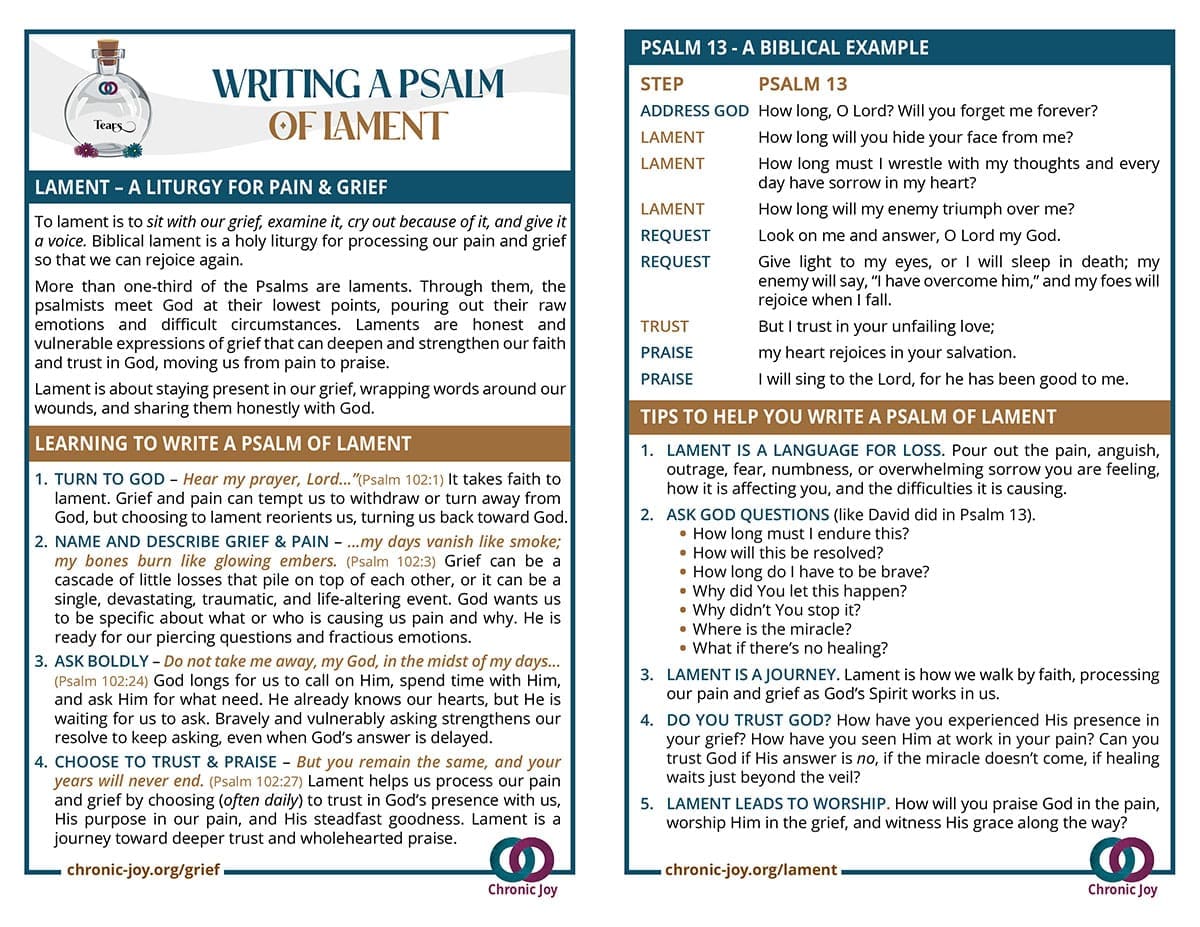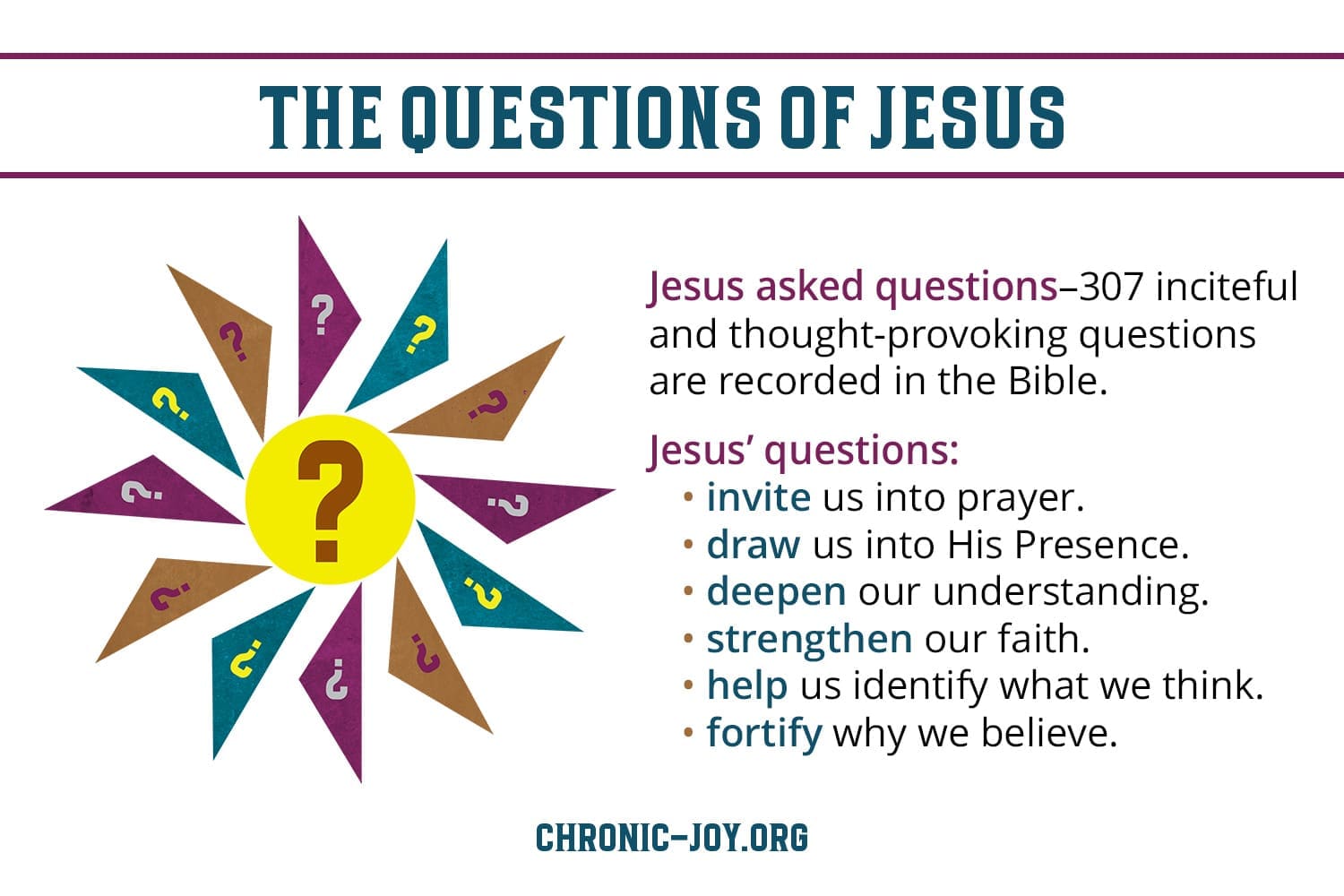
“In the middle is where hope is tested … Where we can discover God … where transformation can occur. We may feel stranded … but there is hope.” Shanthini Baskaran
WORSHIP GOD IN THE WAITING, PART 2 – A STORY
(Part 1 can be found HERE)
You and I are living in the middle – the middle of a tough year, the middle of a pandemic, the middle of major, worldwide uncertainty. In the middle is where hope is tested and where we can feel most hopeless, but it is also where we can discover God and where transformation can occur. We may feel stranded in this middle, but there is hope.
There’s a helpful story in the Gospel of Luke, a story written to Christians about thirty years after Jesus’ ascension. The church had grown rapidly, but so had persecution. It was hard being a Christian in such difficult times. The apostles were growing old or had been killed, and as Luke looked forward, he wrote this letter to Theophilis so that he could be certain of the things he believed. We will go through this story found in Luke 1:5-25 a bit at a time.
Luke 1:5-7: In the time of Herod king of Judea, there was a priest named Zechariah, who belonged to the priestly division of Abijah; his wife Elizabeth was also a descendant of Aaron. Both of them were righteous in the sight of God, observing all the Lord’s commands and decrees blamelessly. But they were childless because Elizabeth was not able to conceive, and they were both very old.
Luke does not open his gospel with a story of Jesus or His birth (which is what you’d expect from a biography), but with the story of an old man named Zechariah and his wife Elizabeth. Like the rest of Israel, they had been waiting — spiritually waiting — for the Messiah.
WORSHIP GOD WHILE YOU WAIT
For 400 years, there had been no word from God: no prophets, no angels, no visions. The people were oppressed, tired of looking for the Messiah, weary of the silence.
Did God care?
Had He abandoned them?
“Has our sin been so great that God has turned away from us?”
Though dispersed, exiled, and fragmented as a nation, they were the people of Yahweh. Did that identity still hold true?
The sense of hopelessness for Zechariah and Elizabeth was not just corporate, it was personal: they were barren — old and well past the age of having children. Imagine their suffering as month after month, year upon year, they waited, hoping this was the month they would get pregnant.
Yet, Zechariah and Elizabeth held on. They lived lives of trust in a God they couldn’t see or hear. They were righteous. They walked obediently, holding on to what they knew of God and His Word, even when their circumstances didn’t make sense to them. They learned how to worship God in the waiting.
Luke 1:8-10: Once when Zechariah’s division was on duty and he was serving as priest before God,he was chosen by lot, according to the custom of the priesthood, to go into the temple of the Lord and burn incense. And when the time for the burning of incense came, all the assembled worshipers were praying outside.
This was a once-in-a-lifetime experience for Zechariah, a highlight of the old priest’s life. He would have prepared for it and cleansed himself. Now, it was his turn. He entered the temple to offer the incense representing the prayers of his people to God, the prayers asking God to send His Messiah to deliver them.
GOD ANSWERS PRAYER
Luke 1:11: Then an angel of the Lord appeared to him, standing at the right side of the altar of incense.
It had been over 400 years since anyone had seen an angel. The angel stood at the right side of the altar, indicating favor or blessing.
Luke 1:12–17: When Zechariah saw him, he was startled and was gripped with fear. But the angel said to him: “Do not be afraid, Zechariah; your prayer has been heard. Your wife Elizabeth will bear you a son, and you are to call him John. He will be a joy and delight to you, and many will rejoice because of his birth, for he will be great in the sight of the Lord. He is never to take wine or other fermented drink, and he will be filled with the Holy Spirit even before he is born. He will bring back many of the people of Israel to the Lord their God. And he will go on before the Lord, in the spirit and power of Elijah, to turn the hearts of the parents to their children and the disobedient to the wisdom of the righteous—to make ready a people prepared for the Lord.”
The angel reminded Zechariah that he hadn’t been praying into thin air, but that God had heard his prayer. Their child’s name, John (“graced by God”) was an indication of it. God is gracious and full of grace. He had not abandoned them — He had heard them. This was the fulfillment of what the prophets had said hundreds of years earlier, that the people would turn to God, their relationships would be healed, God’s justice would be established. God had heard them.
God is gracious. God has a plan. God has activated that plan.
WORSHIP GOD IN THE WAITING WHERE DOUBTS ABOUND
Zechariah had walked with God for decades; he knew all the stories of the Bible. He probably counseled people to trust God. He knew the promises — he had them memorized — yet when the angel spoke to him, he doubted.
Put yourself in his shoes — if an angel told you would have a son when you “were very old,” what would your response be? Zechariah encourages me because he’s just like me. I have walked with God for 50 years now. I know the promises, yet when life hits me sideways, I do not first look up, but I look at myself: What can I do? How can I fix this? How can I control this mess? What resources do I have? How can I worship God in the waiting?
ZACHARIAH QUESTIONS THE ANGEL
Luke 1:18: Zechariah asked the angel, “How can I be sure of this? I am an old man, and my wife is well along in years.”
“I’m too old, my wife is too old. We’ve prayed all these years — we know God has heard our prayers, but can he work through us? Isn’t this too little too late?”
Luke 1:19-23: The angel said to him, “I am Gabriel. I stand in the presence of God, and I have been sent to speak to you and to tell you this good news. And now you will be silent and not able to speak until the day this happens, because you did not believe my words, which will come true at their appointed time.”
Meanwhile, the people were waiting for Zechariah and wondering why he stayed so long in the temple. When he came out, he could not speak to them. They realized he had seen a vision in the temple, for he kept making signs to them but remained unable to speak.
When his time of service was completed, he returned home.
ELIZABETH’S RESPONSE: WORSHIP GOD IN THE WAITING
Luke 1:24-25: After this his wife Elizabeth became pregnant and for five months remained in seclusion. “The Lord has done this for me,” she said. “In these days he has shown his favor and taken away my disgrace among the people.”
I love this. Elizabeth’s response is worship: “God has done this for me, he has shown me favor, he has been gracious to me in these days” (whatever ‘these days’ had been like for her).
What about you? What have ‘these days’ been like for you? Have they been days of longing, of waiting, of holding on, of disappointment, of weariness?
Elizabeth looked up: “God has taken away my shame, my barrenness. He has taken away that place that I thought was hopeless, dead, could not be filled, had no joy, no answers, nothing. The Lord has done this for me.”
I have taught my kids to ask two questions when they read the Bible, and I would like to use that format here with you:
1. What have we learned about God from this passage?
- He hears us, He sees us, He has a plan. Remember at this point in the story, Jesus hasn’t yet come, but Zechariah and Elizabeth are reminded that God has a plan, and He hasn’t abandoned it
- He is doing a new thing. He is going to fill their lives that were once so empty with joy and delight.
- His plan was going to bring healing not just to them but to all people
- His plan was going to bring His justice to them
- He had not given up on them. He was preparing His people.
2. What have we learned about man/us?
There are three things we can learn from Zechariah and Elizabeth:
• Walk in obedience, even when it doesn’t make sense, trusting that God sees what we cannot.
An example: in May 2020, Allessandro, a twelve-year-old boy, was out picnicking with his Mom and Dad when a bear popped out of the bushes where he was collecting stones. His dad coached Allesandro to back up slowly. Even when he didn’t understand, Allessandro obeyed. His obedience saved his life.
• Worship: Don’t stop worshipping in this season.
Lament: God has given us His songbook and one third of the songs are songs of lament. God tells us that lament is a form of worship. Lamenting has actually been one of the most helpful things I’ve done this season.
Very simply, lament has 3 parts:
- Look back on God’s steadfast love to you. Has He protected you in the past? Has He provided for you? Has He cared for you?
- Bring your anguish and pain to Him. Tell Him the reality of your situation.
- Hold on to hope. We can know the big picture: God will prevail, because He did so in Jesus’ life and promises to do so in ours.
• Watch and pray
What are the signs of God already at work? What is He doing? Look for ways that God is at work around you, then join with Him in that work.
“Waiting is our destiny as creatures who cannot by themselves bring about what they hope for. We wait in the darkness for a flame we cannot light, we wait in fear for a happy ending we cannot write. We wait for a not yet that feels like a not ever. Waiting is the hardest work of hope.” Lewis Smedes


Shanthini Baskaran
Bible Teacher, Counselor, and Speaker
A powerhouse of talent and wisdom, Shanthini grew up in South India, with a deep love for God and world missions. She is a clinical psychologist by training, but a stay-at-home-yet-volunteer-for-everything mom in practice. She is part of the adult discipleship teaching team at her home church, and loves discipling small groups of women -- at church, in prison, and through teaching opportunities at home and around the world.
A mentor and guide to many, Shanthini is constantly learning and loves to share that knowledge with those around her.
She is happiest sitting out in her garden on a warm day with a good book, having dozens of people over for dinner on a Sunday night, or having God conversations over a cup of coffee. She and her husband Vinod have been married for 29 years; they have 3 adult children.
Questions of Jesus
The Questions of Jesus draw us into Scripture, invite us into prayer, strengthen and deepen our faith, and help us to identify what we believe and why.

Lament
Step in slowly. Sit with God. Allow yourself time and space to feel and experience your pain. When you’re ready, take up your pen and explore the precious and life-giving gift of lament.


Recent Comments